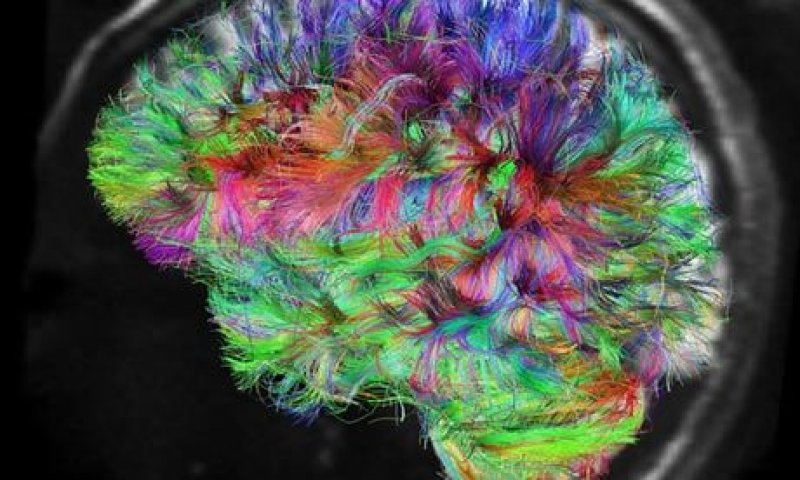The following is an edited excerpt.
Ours is an age in which brain research is flourishing – a time of truly great expectations. Yet it is also a time of mindless neuroscience that leads us to overestimate how much neuroscience can improve legal, clinical and marketing practices, let alone inform social policy.
The neurobiological domain is one of brains and physical causes; the psychological domain is one of people and their motives. Both are essential to a full understanding of why we act as we do. But the brain and the mind are different frameworks for explaining human experience. And the distinction between them is hardly an academic matter: it bears crucial implications for how we think about human nature, as well as how to best alleviate human suffering.
Read the full story here: Human behaviour: is it all in the brain – or the mind?
Additional Resources:
- “Lite-Brite Phrenology,” Wall Street Journal
- “3D map of human brain is the most detailed ever,” New Scientist
- “Genetic expression in the human brain: The challenge of large numbers,” Genetic Literacy Project































